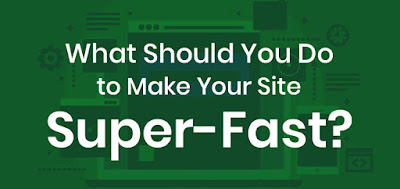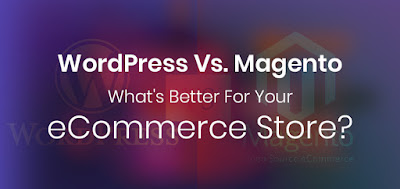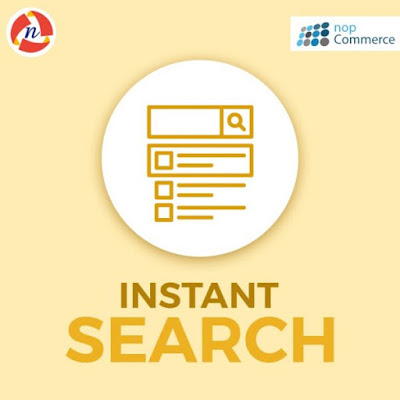What Should You Do to Make Your Site Super-fast?
Well, we all know how frustrating a slow loading website can be. A slow website is bad not only for the users and customers but also for search engine optimization. Speed is now the essence of web design. The slow loading site can cause your website to rank lower in the search engine results. There can be several reasons behind the slow loading of the website and the developers and business owners always work towards solving this issue and increase the loading speed of the website.
Any website which takes more than 3-4 seconds to load is considered to be a slow loading website and hence, the bounce rate of such websites increase at an alarming rate.
Do not remove the images altogether because a website without any image will be very boring. The trick is to optimize the images before uploading them to your website.
Reducing the number of requests will speed up your site, look through your files and see if any requests are necessary.
Enabling browser caching lets you store a cached version of your site in a visitor's browser. This means that when a user visits the site again, it will load faster.
Avoid including CSS in the HTML code because you will get cleaner and better code if you put all your CSS in the external stylesheet. Doing this reduces the size of your code and code duplications as well.
There are various lazy loading plugins available. To enable lazy loading into your design, simply pick one from the various lazy loading plugins available.
Although, there is an alternative and that is installing another plugin. Plugin Performance Profiler is a great option for identifying plugins which are causing issues to your site. Once you have installed a new plugin, go to your settings and run a site scan. This will show you how each plugin on your site is performing.
We hope this blog helped you and was useful enough. If you have any other queries.
Any website which takes more than 3-4 seconds to load is considered to be a slow loading website and hence, the bounce rate of such websites increase at an alarming rate.
In this blog, we will share some of the tips and ways which can make your website load faster. So without wasting any more time, let us begin with the list.
1. Get a Better Hosting Plan
Getting a better hosting plan is the simplest way you can speed up your website. Many go for cheap hosting to save some cost at the beginning but as the site grows in size, usage and content, they get slower. You can improve this by upgrading your hosting plan. When you upgrade from a cheap hosting plan to a better one, you will notice differences right away. Although the upgraded hosting plan will cost you a little more once you will see the differences it brings, it will be all worth it.2. Make Images Internet-friendly
Website size and image size, in particular, make a huge difference in the speed of any website. The larger the image, the slower the site. Here we don't mean that you should not post images at all but you should reduce the size of the images without compromising the image quality. You can shrink the file size of the images on your site, reduce the number of images you use and remove the unnecessary images from the website.Do not remove the images altogether because a website without any image will be very boring. The trick is to optimize the images before uploading them to your website.
3. Minimize HTTP requests
A lot of page's load time is spent downloading the different parts of the page, like images, scripts, etc. The first step to minimize your requests is to figure out how many your site currently makes. If you use Google Chrome, you can use the browser's developer tool to see how many HTTP requests your site currently makes.Reducing the number of requests will speed up your site, look through your files and see if any requests are necessary.
4. Enable browser caching
When you visit a website, the data of your search gets stored on your hard drive in a cache or temporary storage. This means that when you visit that page next time, your browser will load the page without having to send another HTTP request to the server.Enabling browser caching lets you store a cached version of your site in a visitor's browser. This means that when a user visits the site again, it will load faster.
5. Physical Page Size
Larger and bigger size pages will obviously take more time to load. Although raw text usually loads very quickly, extensive content may be faster, and easier to read if broken into separately themed pages on a site. So instead of having pages are long and take forever to scroll, think about the ways you can break them up and increase the speed of the website.6. Optimize CSS
CSS holds the style requirements of your page. Generally, any website access the information in one of two ways: in an external file, which loads before your page renders or inline, which means in the HTML document itself. The external CSS is loaded in the head of your HT ML whereas the inline CSS is in your page's HTML.Avoid including CSS in the HTML code because you will get cleaner and better code if you put all your CSS in the external stylesheet. Doing this reduces the size of your code and code duplications as well.
7. Get Lazy with Lazy Loading
Have you heard of lazy loading? It is a design pattern that's characterized by not rendering objects until the point of time it is actually necessary. It can contribute to the efficiency in the program's operation if properly used. This only-when-necessary design approach means that your site needs to rely on fewer resources, thus making it faster in performance.There are various lazy loading plugins available. To enable lazy loading into your design, simply pick one from the various lazy loading plugins available.
8. Optimize Your Server Response
An important way to make your site super-fast is to handle your server. Your server response time is the time the server takes to respond to a browser request. Tackling your server response time to make your site super-fast is the key. You can optimize your individual pages for the speed but if you neglect the server, your site's speed will not be improved. So, it is important to pay attention to the website's server response time as well.9. Test Your Plugins
When you're looking to improve site speed, there are two different ways to know which plugins are impacting it. The first way is to disable some of the plugins and then measure the site's performance but this can be a time-consuming process if you have a lot of plugins.Although, there is an alternative and that is installing another plugin. Plugin Performance Profiler is a great option for identifying plugins which are causing issues to your site. Once you have installed a new plugin, go to your settings and run a site scan. This will show you how each plugin on your site is performing.
Conclusion
This was the list of some of the tips and ways you can increase your site's loading speed. Although it's not an easy task to increase the speed loading of a website all of a sudden but with time and efforts, there will be a significant positive impact on the overall performance of the site. This list has the tips that will help you the site loading speed that you desire. Implement them one-by-one and you will see the difference by your own with time.We hope this blog helped you and was useful enough. If you have any other queries.




Comments
Post a Comment